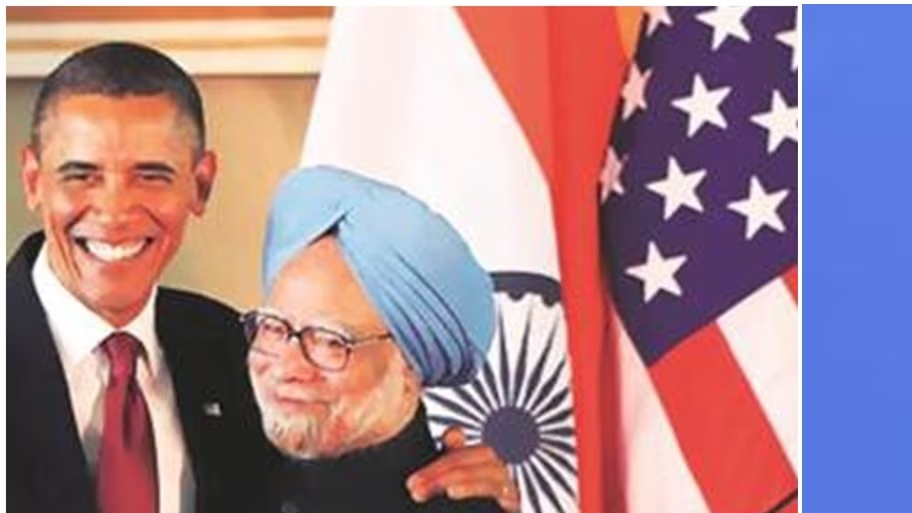In his stint as Finance Minister in the 1990s, Obama writes, Singh managed to lift millions of people from poverty.
“For the duration of his tenure as prime minister, I would find Singh to be wise, thoughtful, and scrupulously honest.”
Reflecting on Singh’s role in transitioning India into a market-based Indian economy, Obama writes: “The transition to a more market-based economy in the 1990s had unleashed the extraordinary entrepreneurial talents of the Indian people—leading to soaring growth rates, a thriving high-tech sector, and a steadily expanding middle class.”
Also Read | ‘India mourns loss of a distinguished leader’: PM Modi pays tribute to Manmohan Singh
As a chief architect of India’s economic transformation, Obama writes, Singh “seemed like a fitting emblem of this progress: a member of the tiny, often persecuted Sikh religious minority who’d risen to the highest office in the land, and a self-effacing technocrat who’d won people’s trust not by appealing to their passions but by bringing about higher living standards and maintaining a well-earned reputation for not being corrupt.”
On his personal relationship with the former PM, Obama writes: “Singh and I had developed a warm and productive relationship. While he could be cautious in foreign policy, unwilling to get out too far ahead of an Indian bureaucracy that was historically suspicious of U.S. intentions, our time together confirmed my initial impression of him as a man of uncommon wisdom and decency; and during my visit to the capital city of New Delhi, we reached agreements to strengthen U.S. cooperation on counterterrorism, global health, nuclear security, and trade.”
Angela Merkel: Freedom
Merkel, who was the Chancellor of Germany between 2005 and 2021, wrote in Freedom: Memoirs (1954-2021) that she had first met Singh in April 2006 when they officially opened the Hannover Messe, an international trade fair, together.
She wrote that Singh’s “primary aim was to improve living standards for the two-thirds of India’s 1.2 billion population who lived in rural areas”.
“This amounted to 800 million people, ten times Germany’s entire population. In my conversations with him, I came to better understand the misgivings of the emerging countries toward us, the affluent countries,” she writes, adding: From his perspective, we expected them to take great interest in our problems, but we weren’t prepared to offer them the same courtesy. I could see his point, and began to study more closely the challenges faced by the emerging countries.”
Also Read | Manmohan Singh: The ‘accidental PM’ who proved, time and again, that he was no accident
She adds that Singh told her “about the cultural diversity of his country, a sub-continent with more than five thousand years of history”.
Merkel also goes on to write about Singh’s successor Prime Minister Narendra Modi. “Modi’s focus was also on improving Indians’ living standards, especially for the rural population. He boosted economic growth, in particular by tackling the countless bureaucratic hurdles that lurked everywhere. He appointed a staff member in his office as a contact person for companies experiencing difficulties with their projects. This gave rise to a so-called fast track for investments. India’s economy grew by 6 to 7 percent over a number of years,” she wrote.



